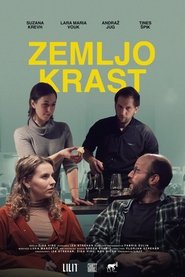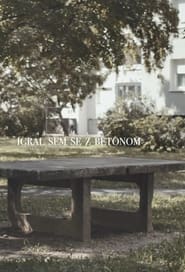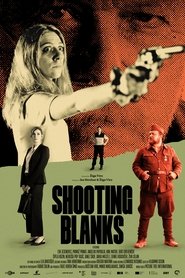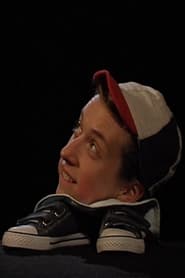detail profile fabris c5 a0ulin

Info Pribadi
Peran Yang Di Mainkan Fabris Šulin
 In Stealing the land parents fight...
In Stealing the land parents fight...Stealing the Land 2025
In "Stealing the land", parents fight not only for a better future for their children, but also for their own egos. When a schoolyard game sparks a political debate in the kitchen, an evening of absurd conflicts, low blows and unexpected confrontations begins. The film unrestrainedly provokes, entertains and exposes the grotesqueness of a society where the lines between play, education and the real world become dangerously blurred and the rules increasingly confusing - for children and adults alike.
 The city of Nova Gorica was...
The city of Nova Gorica was...Playing with Concrete 2020
The city of Nova Gorica was designed as an example of modernism based on the idea of shared public space. The documentary short follows preparations for the renovation of a neighborhood where playgrounds with unique concrete equipment now stand deserted, falling into ruin. What will become of them? Has our relationship with the world and others changed, too, in addition to children’s play?
 The film discusses the subbituminous coal...
The film discusses the subbituminous coal...Nature_Nature 2018
The film discusses the sub-bituminous coal mining process from tree cutting to the renaturation of open-pit mines. Lusatian villages and, with them, the Sorbian culture have been mined for nearly 100 years. 136 villages, 125 of them Sorbian-German, have disappeared since 1924. The film questions the equality of constitutional law and nature protection. A pond where thousands of European fire-bellied toads (Bombina bombina) have been moved serves as an allegory of the lost villages, while an acoustic metaphor for the missing balance between human rights and nature conservation could be found in alternating soundtracks – European fire-bellied toad vs. the background noise of an open-pit mine.
 All Vida wants is a baby...
All Vida wants is a baby... An unordinary day of an unordinary...
An unordinary day of an unordinary...